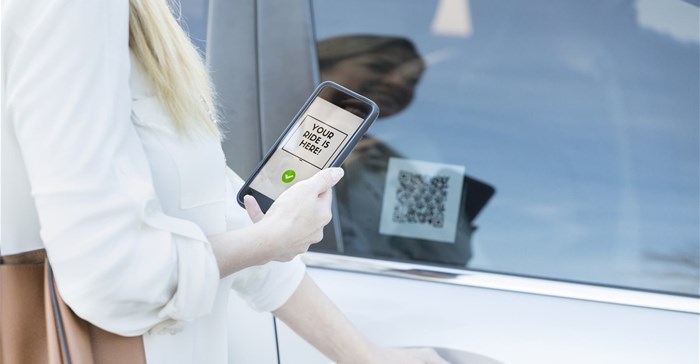
Top stories






More news









Logistics & Transport
Uganda plans new rail link to Tanzania for mineral export boost















These trends are already bringing about change in the short-term insurance landscape. For example, insurance companies have relied on various factors such as mileage, age and residential area to determine the insurance premium. Now, with the evolution of driving behaviour, insurance companies need to find ways to still insure drivers - using new methods. It will no longer make sense to pay a basic insurance premium every month.
The risks posed by not being flexible enough in one’s offering will result in many insurers losing business to more agile insurers with pay-per-use products suited to the new market. A study by Deloitte conducted in 2016 suggests that the total annual premiums would decrease by 30% in the year 2040. Also in 2016, ABI Research conducted a study that indicates that 400-million people globally will rely on robotic car-sharing by 2030. With all this change, what does it mean for insurance companies?
The car insurance industry will have to think about the following and how this will impact the driver that they will insure:
However, all this change doesn’t mean bad news for insurers. With the technological advances, underwriting and claims processes will be streamlined, for the benefit of the insurers and most insurers will cut out the middleman, which will ultimately mean lower insurance premiums for end-customers. This also means that insurers will be selling more policies to companies such as fleet operators and fewer to drivers.
The growth of self-driving and ride/car-sharing will start to emerge more prominently in the next 10 to 20 years in South Africa while these are already regularly used in the US and European markets. The pay-as-you-use models used by Airbnb and Uber have required insurance companies in South Africa to think and adapt to these models much faster by being as proactive and forward-thinking as possible.
Nevertheless, while there are still a lot of unknowns and many challenges that lie ahead– technological, industrial and legislative – the transition is already well on its way and the phenomenon will accelerate in the coming years.